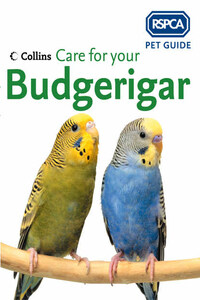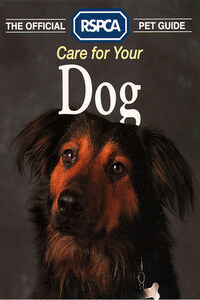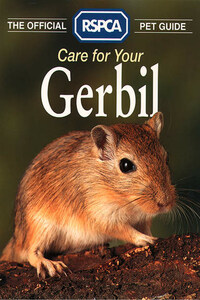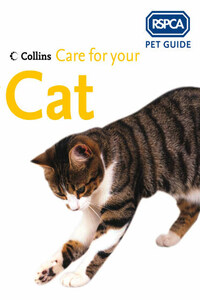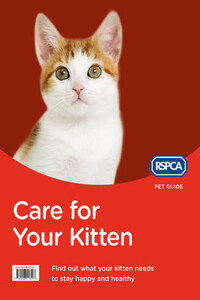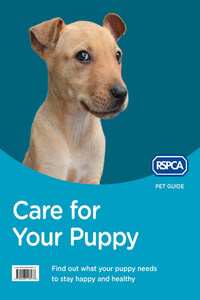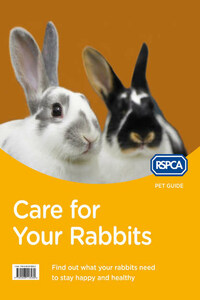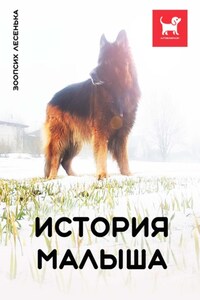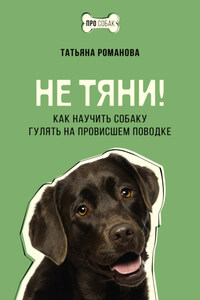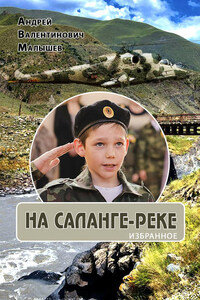New 3rd Edition
First published in 2005 by
Collins, an imprint of
HarperCollinsPublishers
1 London Bridge Street
London SE1 9GF
The Collins website is www.harpercollins.co.uk
Collins is a registered trademark of HarperCollins Publishers Limited
First published as Care for your Budgerigar in 1980 by
William Collins Sons & Co Ltd, London
Second edition published in 1990
Reprinted by
HarperCollinsPublishers
and subsequently reprinted 12 times
© Royal Society for the Prevention of Cruelty to Animals 1981, 1990, 2005
The RSPCA is a registered charity (no. 219099)
The RSPCA website is www.rspca.org.uk
Editor: Heather Thomas
Design: Rolando Ugolini
All rights reserved under International and Pan-American Copyright Conventions. By payment of the required fees, you have been granted the nonexclusive, non-transferable right to access and read the text of this e-book on screen. No part of this text may be reproduced, transmitted, downloaded, decompiled, reverse engineered, or stored in or introduced into any information storage retrieval system, in any form or by any means, whether electronic or mechanical, now known or hereinafter invented, without the express written permission of HarperCollins e-books.
Source ISBN: 9780007193585
Ebook Edition © AUGUST 2015 ISBN: 9780008161200
Version: 2015-11-11
HarperCollinsPublishers has made every reasonable effort to ensure that any picture content and written content in this ebook has been included or removed in accordance with the contractual and technological constraints in operation at the time of publication.
Owning budgerigars is great fun but also a huge responsibility. All pets need a regular routine and lots of love and attention. But, most importantly, pets need owners who are going to stay interested in them and committed to them all their lives.
Anyone who has ever enjoyed the company of a pet knows just how strong the bond can be. Children learn the meaning of loyalty, unselfishness and friendship by growing up with animals. Elderly or lonely people often depend on a pet for company, and it has been proved that animals can help in the prevention of and recovery from both physical or mental illness.
The decision to bring a pet into your home should always be discussed and agreed upon by everyone in the family. Bear in mind that parents are ultimately responsible for the health and well-being of the animal for the whole of its lifetime. If you are not prepared for the inevitable expense, time, patience and occasional frustration involved, then the RSPCA would much rather that you didnât have a pet.
Being responsible for a pet will completely change your life but if you make the decision to go ahead, think about offering a home to one of the thousands of animals in RSPCA animal centres throughout England and Wales. There are no animals more deserving of loving owners.
As for the care of your pet, this book should provide you with all the information you need to keep it happy and healthy for many years to come. Enjoy the experience!
Steve Cheetham MA, VetMB, MRCVS
Chief Veterinary Officer, RSPCA
The budgerigar is actually a small species of parrot, which is native to Australia, where it roves over the semi-arid interior plains in vast flocks. During the nineteenth century, naturalists introduced the budgerigar into Europe, where its popularity grew to such an extent that it was soon in great demand as an exotic pet.
Throughout the nineteenth century, nets were laid out on their feeding grounds to catch the wild budgerigars as they came down to feed on seeding grasses. Those that survived the traumatic experience of being netted were transported to Europe, where they were bred and became the ancestors of todayâs domestic budgerigar. All budgerigars now offered for sale have been bred in captivity.
Budgerigars do not build nests. In the wild, they lay their eggs in any convenient place, such as a hollow tree, which affords protection and enables them to roll the eggs during the incubation period. Given suitable nesting boxes inside a breeding cage, budgerigars can be bred successfully in captivity.
Caged budgerigars are less fortunate, but they do make particularly good pets for a family with very limited space and possibly modest means. If possible, you shoud keep a pair of budgerigars in a good-sized cage. It is essential that caged birds should be given some daily exercise out of the cage. When a budgerigar has to be kept on its own, it will need the stimulation of appropriate toys and also plenty of human contact. Young budgerigars may learn to talk if they receive lots of encouragement before the age of six months.
